AMMAN — In a male-dominated profession, Dalia Al-Naber transcended stereotypes, overcame barriers, and is now considered one of the go-to wedding photographers in the city. Naber is the female photographer that is conquering the wedding Industry in Jordan.
اضافة اعلان
Her booking’s schedule is a testament to Naber’s success and her reputation as a self-taught photographer. In July, she had a booking almost every day of the month.
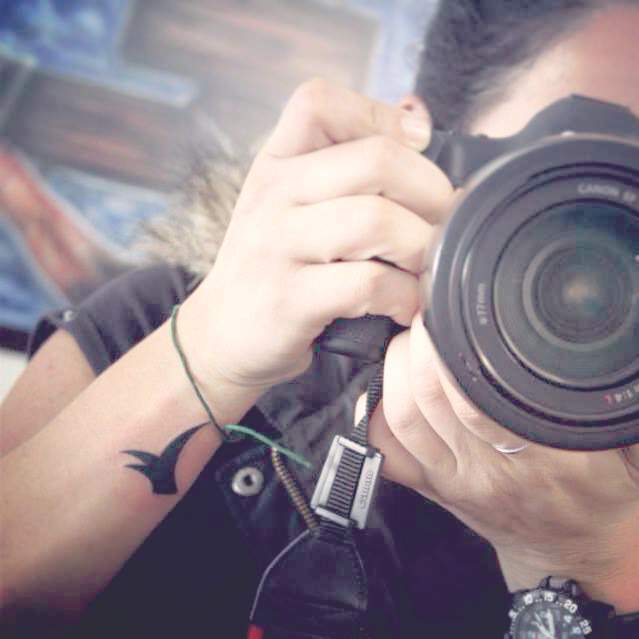 (Photos: Handout from Dalia Al-Naber)
(Photos: Handout from Dalia Al-Naber)
During the summer, for example, Al-Naber didn’t have a weekend off in three months. “Even on my birthday I’m going to be shooting a wedding.” said Dalia Al-Naber, in an interview with
Jordan News.
But just because her schedule is booked for months in advance, doesn’t mean she hasn’t gone through adversity. Naber majored in information technology at university. Early on in her academic career, she knew that IT was not her passion, but she decided to soldier on. However, six years later she soon found herself feeling miserable.
“I used to look at my boss and ask myself ‘do I want to be him one day?’ And the answer was ‘hell no!’” Naber said. She always had cameras lying around her house, as her late father was fond of cameras. So, with two months’ salary saved up, she bought her first camera, took a photography course, and began working for free.
Between her career in IT and moving to photography, Naber took up a bank job as a buffer.
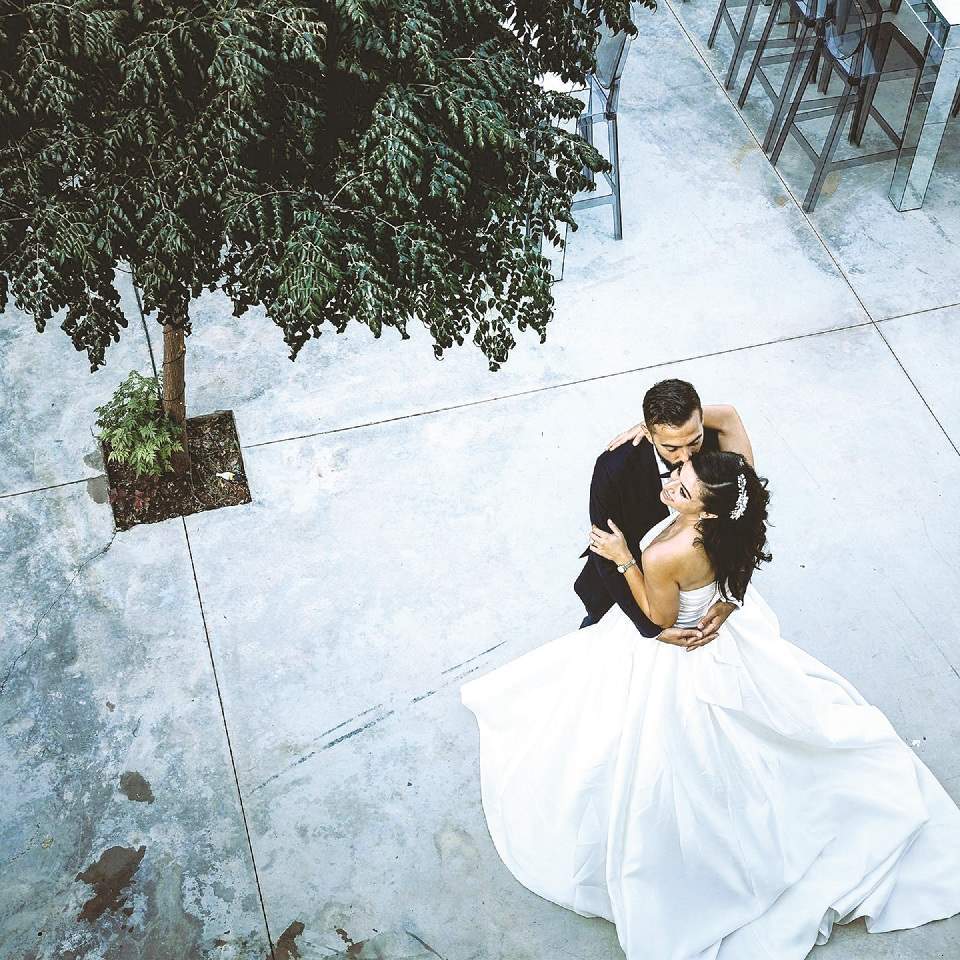 (Photos: Handout from Dalia Al-Naber)
(Photos: Handout from Dalia Al-Naber)
“The first wedding I shot was for free. It was for a wedding planner, and owner of the Regency. I told her ‘try me, I’ll do it for free’.” Naber said, but she quickly realized the burden of responsibility. “All the responsibility was on me, because they are wedding pictures after all. Imagine if I messed up. It would have been a disaster,” she said.
She set up her first Facebook page dedicated solely to photography in 2013 and went all around the Kingdom with the sole intention of taking pictures and posting them. Through word of mouth, she began to get recognized.
Naber does acknowledge, however, that when people see a female wedding photographer, they typically think she only works on non-mixed weddings. When she’s approached for a non-mixed wedding, she has to decline, as she does not have an all-female team.
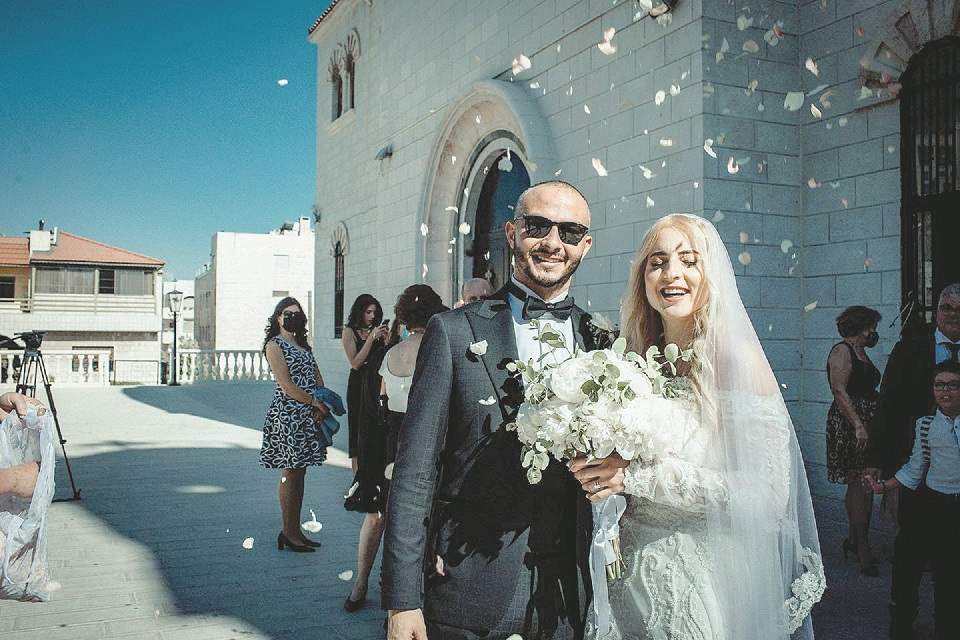 (Photos: Handout from Dalia Al-Naber)
(Photos: Handout from Dalia Al-Naber)
For large weddings, she takes a team of nine to ten, including herself, and she is the only female among them. She said that it’s hard to find a team of female photographers to handle large-scale weddings. “I wanted to stand out and show that I can do the mixed weddings just like any other male photographer,” Naber said.
She is completely self-taught, and when she pursued photography full-time she dove headfirst into the craft, and slowly, but surely honed her skills.
“I looked through so many pictures, I looked through so many wedding accounts. I bought lenses, I really worked hard on myself. Any extra money that I have I reinvest in my equipment and in my vision,” Naber said.
Her family’s support of her passion, motivated her to push on. At the time, she did not have an income and relied on being hired for behind-the-scenes photography jobs.
“Getting hired was difficult, because it was all word of mouth,” Naber said. Recently, she began posting her pictures on social media, promoting them, and getting them sponsored.
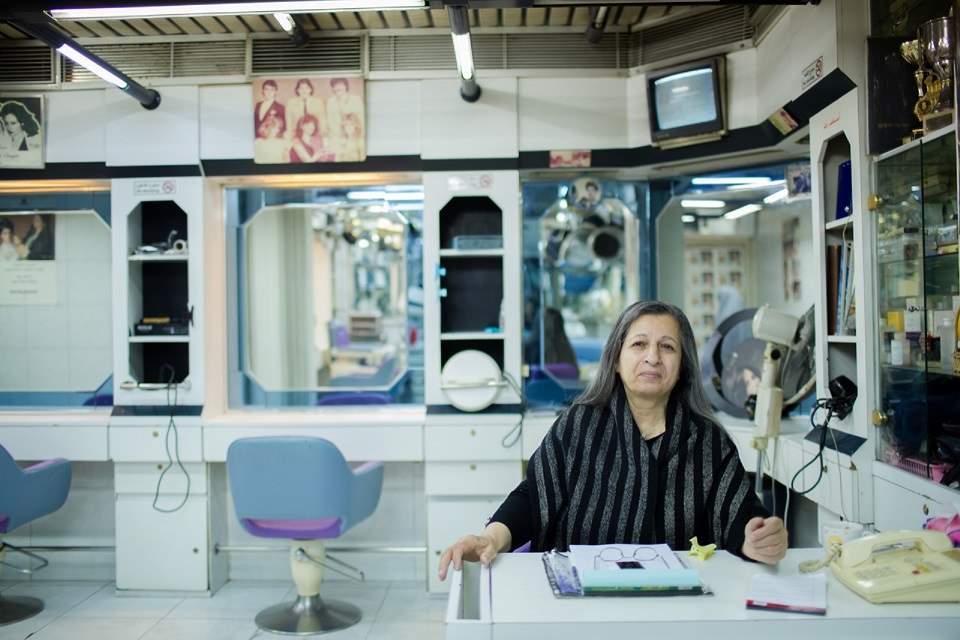 (Photos: Handout from Dalia Al-Naber)
(Photos: Handout from Dalia Al-Naber)
Additional challenges early on in her career also had to do with the equipment she had, and their limitations. “Of course I had challenges, equipment challenges. Because when you do photography as a way to earn a living, you have to invest in your equipment. You have the eye, but you have to have the skills as well,” Naber said.
But, all her hard work was not in vain, as she is considered today among the most in-demand wedding photographers in the country. Even the pandemic which brought a halt to many wedding plans, didn’t dampen her spirits.
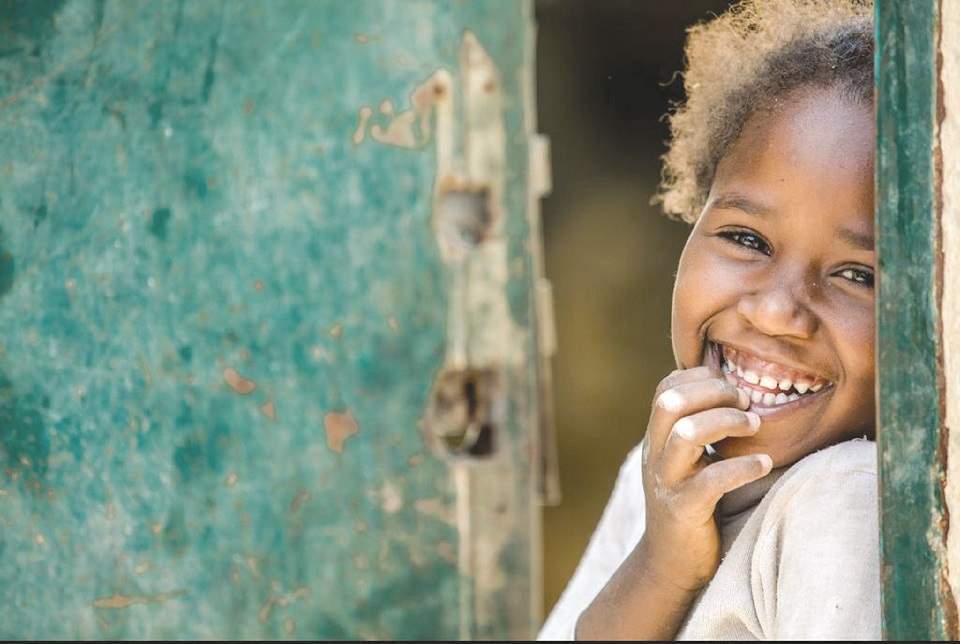 (Photos: Handout from Dalia Al-Naber)
(Photos: Handout from Dalia Al-Naber)
“During the pandemic, I had a bit of time to update my social media pages. So I used the time to put all my old photos online and people started to see my work, and then through word of mouth I started to see my follower count go up,” Naber said, adding that this was the busiest summer she’d ever had.
Naber also juggles between her photography business and owning and running two pubs, which fill her time during the slow months.
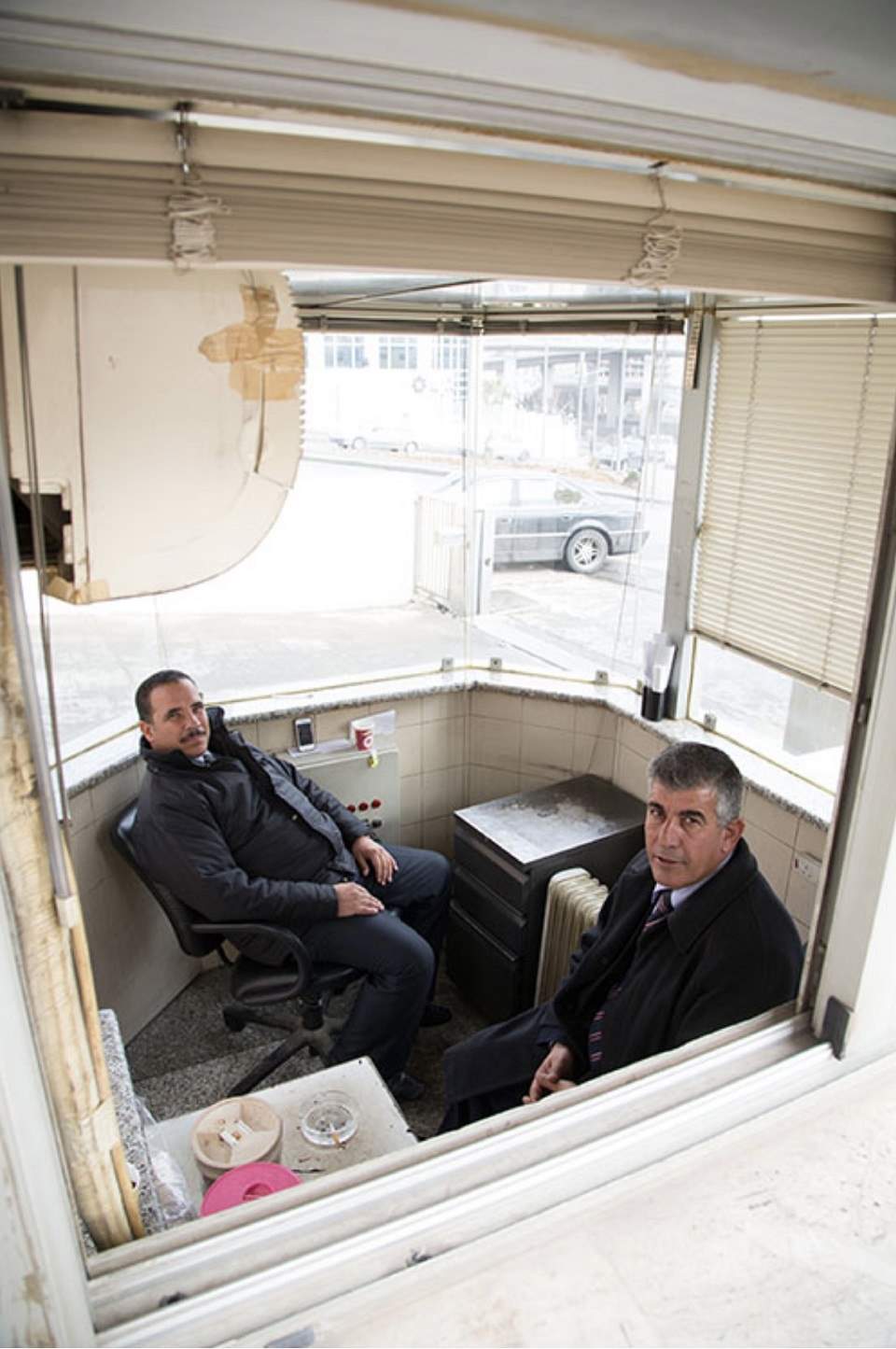 (Photos: Handout from Dalia Al-Naber)
(Photos: Handout from Dalia Al-Naber)
She loves what she does, and enjoys all the client feedback she gets after a wedding, but hopes to see herself venturing into more creative photography projects. “I love street photography, I love travel photography, I love landscape photography. I do wedding photography, I love it. I love the client feedback, I really love that they love the photos I take. But it’s not what I see myself doing for the rest of my life. I need to do something about art, and take on photography projects,” Naber said.
Her curious eye found her photographing and producing various projects including ‘Square meter-nine hours’, where she documented retired army personnel working in square meter booths as security guards at villas and buildings. She also worked on a project titled, ‘Her and Hair’, where she told the story of old beauty salon owners. A photo she took of a little girl for Tkiyet Um Ali, helped the little girl gain sponsorship. Naber even photographed former U.S. president George W. Bush on his visit to Petra.
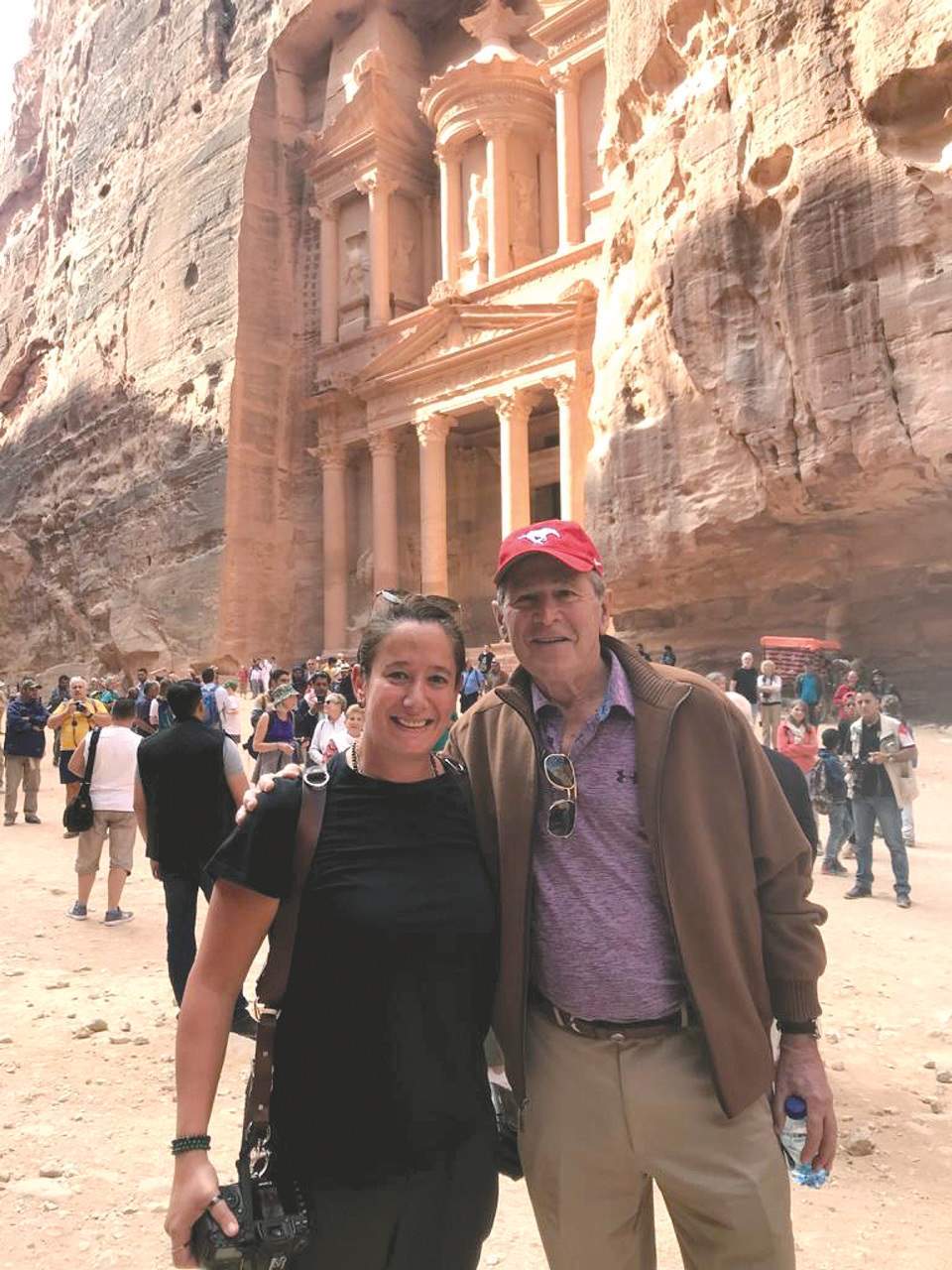 (Photos: Handout from Dalia Al-Naber)
(Photos: Handout from Dalia Al-Naber)
For her next project, Naber hopes to document weddings across the world choosing a subject and a sub-aspect to focus on. “I want to document weddings all across the world,” Naber said. “But not typical wedding photography, more like the preparations a bride undergoes before a wedding, which differs in every country.”
Naber said that in the UAE, the bride gets ready at 8pm, she can’t come in during the dinner, she only comes in after the dinner. In Tunis, they have pre-wedding rituals. They sacrifice a lamb, they scream, which is part of their tradition. “This is what I want to do in the end. These are the stories I want to tell,” Naber said.
Read more Entrepreneurship



